News & Events
Managing relapse is vital to sustained recovery from addiction

Overcoming dependence on alcohol or other drugs is a worthy and usually hard-won achievement. However, slips and relapses are an almost inevitable and predictable part of the recovery process after overcoming addiction, making after care and relapse management a vital part of sustained recovery.
Relapse rates of 40-60 per cent are common across a range of licit and illicit drugs, from alcohol, tobacco and prescription drugs to heroin, cannabis, amphetamines or cocaine[i][ii]. This is because addiction is a chronic relapsing disorder that requires lifelong management just like other medical illnesses such as diabetes, hypertension or asthma, which have similar relapse rates[iii].
On average it takes nine attempts to achieve sustained recovery from drug dependence[iv][v][vi], and even then people need to be vigilant to avoid relapse.
Addiction affects brain function and behaviour
According to the US National Institute on Drug Abuse[1]
“Addiction is a complex but treatable disease that affects brain function and behaviour. Drugs of abuse alter the brain’s structure and function, resulting in changes that persist long after drug use has ceased. This may explain why drug abusers are at risk for relapse even after long periods of abstinence and despite the potentially devastating consequences.
“While the path to drug addiction begins with the act of taking drugs, over time a person’s ability to choose not to do so becomes compromised, and seeking and consuming the drug becomes compulsive. This behaviour results largely from the effects of prolonged drug exposure on brain functioning. Addiction affects multiple brain circuits, including those involved in reward and motivation, learning and memory, and inhibitory control over behaviour. Some individuals are more vulnerable than others to becoming addicted, depending on genetic makeup, age of exposure to drugs, other environmental influences, and the interplay of all these factors.”
The good news is that treatment can help people to counteract addiction’s powerful disruptive effects on the brain and behaviour and regain control of their lives. Research about brain chemistry has advanced a great deal over the past decade. A key finding in addiction medicine is the “plasticity” of the brain: even though the brain has been “rewired” through drug misuse to expect and reinforce certain behaviours, it is also capable of changing those neuropathways. A treatment commonly used with dependence is cognitive behavioural therapy, which attempts to change people’s thinking patterns or their cognitions, “rebooting” these neuropathways. Research is also underway into medications and gene therapies that may further assist in sustained recovery from addiction.
Relapse management strategies
A relatively recent development to increase treatment success rates, relapse management and after care programs teach people how to identify their triggers, recognise early warning signs, prepare to manage or change difficult situations, and rebound from a slip rather than abandoning their gains.
Odyssey House CEO James Pitts said a few mis-managed slips can become a downward spiral, as people may feel embarrassed, ashamed or guilty at letting themselves or others down, doubt their ability to succeed, stop trying and relapse into their former addictive behaviours.
“Long-term success after overcoming addiction doesn’t depend on avoiding setbacks altogether, but on how well you prepare for and manage them and what you learn along the way. People shouldn’t beat themselves up but should get back on the wagon and keep trying.
“Common relapse triggers include negative emotional states, social pressure, interpersonal conflict, poor support networks, cravings and physical symptoms such as headaches or insomnia.
“It is advisable to remove, change or avoid as many potential relapse risk factors as possible – going back to the same old situations, lifestyle and people can be counter-productive even when you have dealt with the physical addiction. For example, if job stress caused you to drink alcohol to excess or take drugs, you need to learn how to cope differently with those stressors, plan to get another job or even change careers,” Mr Pitts said.
“Paradoxically, a common danger time for relapse is when people are feeling confident and in control after a few weeks or months of success. When someone is feeling better they may relax their vigilance and think they can take a few risks, such as going to the pub, seeing drug-using friends, or not taking medication. This misplaced confidence means they are not prepared to cope well when a situation hits their triggers.”
Odyssey House guidelines for avoiding/managing relapse
1. Deal with the underlying reasons you became dependent e.g. social anxiety, depression, low self esteem, loneliness, childhood issues, family problems, personal crisis – this may require professional therapy and support
2. Identify your triggers and develop strategies to avoid or manage them e.g. social events where drinking is the norm, potentially stressful situations, peer pressure
3. Learn and practise skills to manage negative emotional states and deal with life’s ups and downs without resorting to old habits e.g. stress management and coping skills, anger management, cognitive behavioural therapy, communication and relationship skills, relaxation techniques
4. Build or repair networks of supportive loved ones and friends and avoid people likely to be unsupportive or detrimental to your recovery
5. Be productive such as working in paid employment, volunteering, community activities, studying, caring for family/children
6. Participate in healthy recreational and leisure activities; avoid isolation
7. Access community services and seek professional help if necessary, such as counselling, a regular support group or an online self-help service.
8. Recognise and celebrate your milestones and gains
The Odyssey House After Care Program provides non-residential support to people who have undertaken rehabilitation through Odyssey House programs or elsewhere and can be contacted on 02 4628 8806. Information is also available from the Odyssey House Admissions Centre on 02 9281 5144 or www.odysseyhouse.com.au.
[i] National Institute on Drug Abuse (National Institutes of Health, U.S. Department of Health and Human Services), Principles of Drug Addiction Treatment: A Research-Based Guide, 2009. NIH Publication No. 09–4180
[ii] Pitts JA, Establishment of an After Care Service, Alcohol Education and Rehabilitation Foundation Winter Conference 2003
[iii] NIDA reports relapse rates of 30-50% for Type 1 diabetes and 50-70% for hypertension and asthma
[iv] 2007, Australian Treatment Outcome Study, National Drug & Alcohol Research Centre.
[v] Odyssey House data on file
[vi] 13 Oct 2010, Prof Simon Chapman, article, ABC Health & Wellbeing online (typically takes 7-12 attempts to quit smoking)
